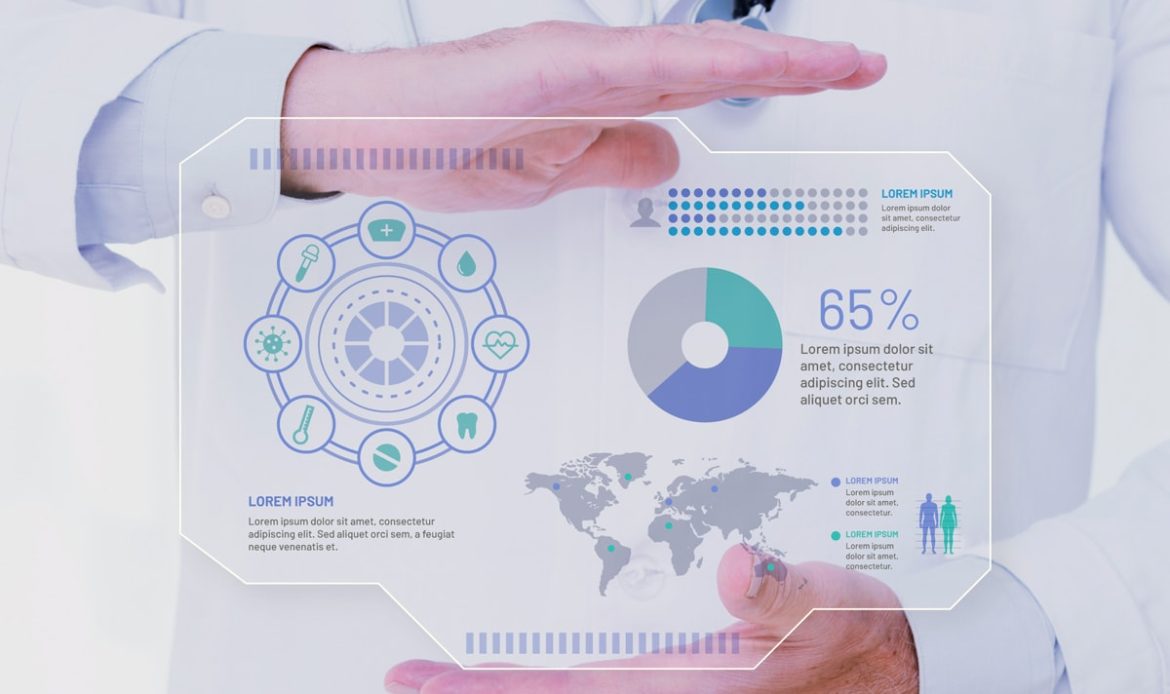The healthcare industry in Bangladesh is undergoing a rapid transformation, driven by advancements in technology and an increasing demand for quality healthcare services. At the heart of this transformation is the adoption of healthcare management software, which is playing a crucial role in improving efficiency, streamlining processes, and enhancing patient care.
Embracing Technology for Enhanced Efficiency
Healthcare management software is empowering healthcare providers in Bangladesh to streamline administrative tasks, automate workflows, and reduce manual errors. This automation is leading to significant improvements in efficiency, allowing healthcare providers to focus more on patient care and less on paperwork.
Integrated Care for Improved Patient Outcomes
Healthcare management software is also facilitating integrated care, ensuring that patient information is readily accessible across different departments and providers. This integrated approach is leading to improved patient outcomes, as clinicians can make informed decisions based on a comprehensive view of a patient’s medical history.
Telemedicine: Bridging the Gap in Access to Care
Telemedicine is emerging as a transformative force in Bangladesh’s healthcare landscape, particularly in rural and underserved areas. Healthcare management software is enabling telemedicine platforms, connecting patients with healthcare providers remotely, bridging the gap in access to care.
The Road Ahead for Bangladeshi Healthcare Management Software
The future of Bangladeshi healthcare management software is bright, with advancements in technology opening up a world of possibilities. As the industry continues to evolve, we can expect to see even more innovative solutions that will further enhance the quality of healthcare services in Bangladesh.
Key Trends Shaping the Future
Cloud-based solutions: Cloud-based healthcare management software is becoming increasingly popular, offering scalability, flexibility, and reduced IT infrastructure costs.
Mobile applications: Mobile healthcare management applications are empowering patients to access their medical records, schedule appointments, and communicate with their healthcare providers on the go.
Cybersecurity: As healthcare data becomes increasingly valuable, cybersecurity will be a critical focus, ensuring the protection of patient information from unauthorized access and breaches.
Interoperability: Healthcare management software systems will need to be interoperable, allowing seamless data exchange between different providers and institutions.
Personalization: Healthcare management software will increasingly incorporate AI and machine learning to personalize care plans and provide targeted interventions.
Conclusion
The adoption of healthcare management software is transforming the healthcare landscape in Bangladesh, leading to improved efficiency, enhanced patient care, and more informed policymaking. With continued advancements in technology and a focus on innovation, the future of Bangladeshi healthcare management software is filled with promise.

